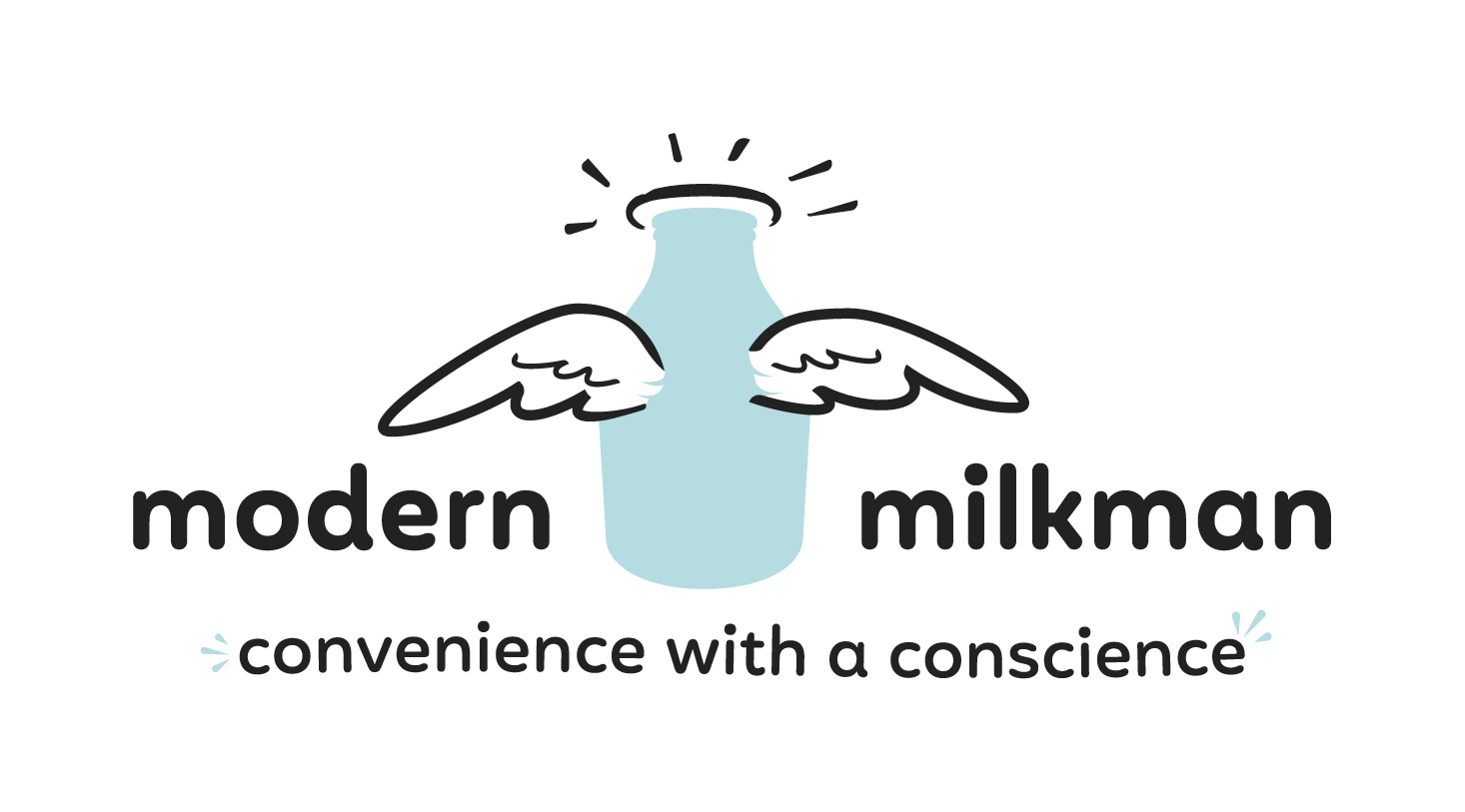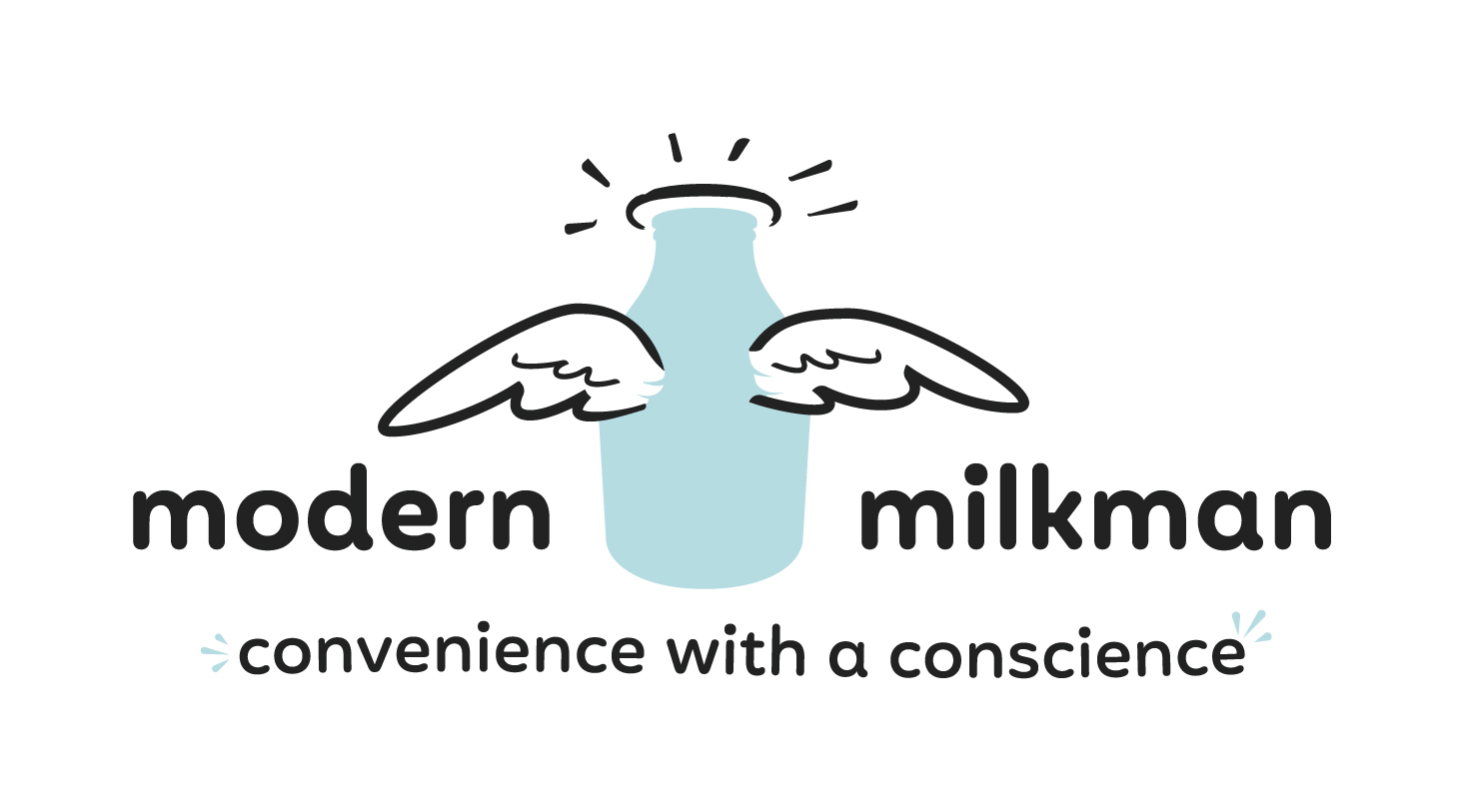

Modern Milkman Ltd

Lancashire, United Kingdom
December 2022
Food products
Wholesale/Retail
United Kingdom
The milkround’s back with a vengeance! Supermarkets have commoditised food and wrapped it in plastic, but Modern Milkman's app and return and reuse packaging give users convenience with a conscience at the push of a button. Eliminating waste and pollution calls for businesses to give back what they put in, and work together to create a brighter, greener future, in which collecting, washing and reusing packaging is the norm. Modern Milkman began as a local milkround in Colne, Lancashire, with four friends and a beat-up old van that barely passed its MOT. Fast forward a few years and it's now a network of British dairies, independent suppliers and thousands of brew-sipping treat-lovers, working together to reduce waste across the UK. Modern Milkman is a Certified B Corporation working to prevent plastic from polluting our planet, one bottle and doorstep at a time. So far, the eco-friendly milkround has erased 70 million plastic bottles from existence. And it's only just getting started.
Overall B Impact Score
Governance 17.2
Governance evaluates a company's overall mission, engagement around its social/environmental impact, ethics, and transparency. This section also evaluates the ability of a company to protect their mission and formally consider stakeholders in decision making through their corporate structure (e.g. benefit corporation) or corporate governing documents.
What is this? A company with an Impact Business Model is intentionally designed to create a specific positive outcome for one of its stakeholders - such as workers, community, environment, or customers.
Workers 27.2
Workers evaluates a company’s contributions to its employees’ financial security, health & safety, wellness, career development, and engagement & satisfaction. In addition, this section recognizes business models designed to benefit workers, such as companies that are at least 40% owned by non-executive employees and those that have workforce development programs to support individuals with barriers to employment.
Community 29.9
Community evaluates a company’s engagement with and impact on the communities in which it operates, hires from, and sources from. Topics include diversity, equity & inclusion, economic impact, civic engagement, charitable giving, and supply chain management. In addition, this section recognizes business models that are designed to address specific community-oriented problems, such as poverty alleviation through fair trade sourcing or distribution via microenterprises, producer cooperative models, locally focused economic development, and formal charitable giving commitments.
What is this? A company with an Impact Business Model is intentionally designed to create a specific positive outcome for one of its stakeholders - such as workers, community, environment, or customers.
Environment 16.9
Environment evaluates a company’s overall environmental management practices as well as its impact on the air, climate, water, land, and biodiversity. This includes the direct impact of a company’s operations and, when applicable its supply chain and distribution channels. This section also recognizes companies with environmentally innovative production processes and those that sell products or services that have a positive environmental impact. Some examples might include products and services that create renewable energy, reduce consumption or waste, conserve land or wildlife, provide less toxic alternatives to the market, or educate people about environmental problems.
Customers 2.7
Customers evaluates a company’s stewardship of its customers through the quality of its products and services, ethical marketing, data privacy and security, and feedback channels. In addition, this section recognizes products or services that are designed to address a particular social problem for or through its customers, such as health or educational products, arts & media products, serving underserved customers/clients, and services that improve the social impact of other businesses or organizations.